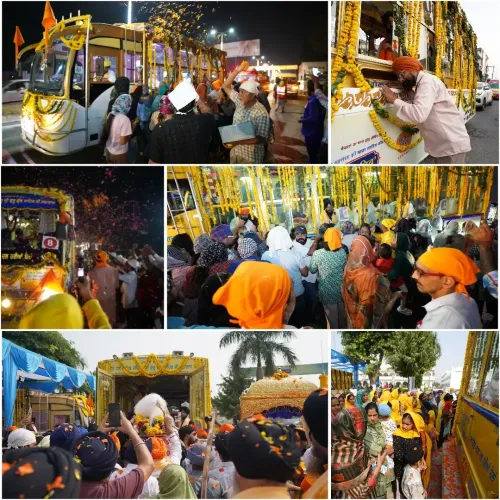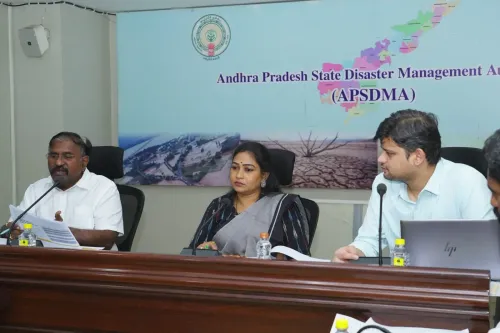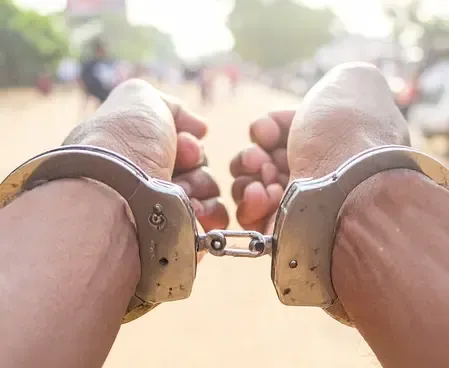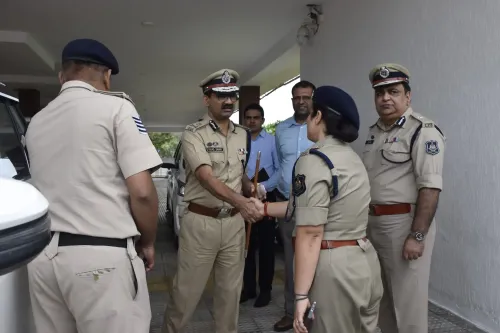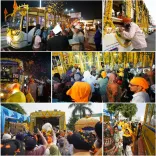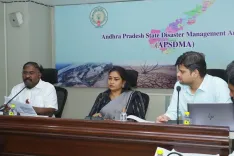Will Restoration of Demolished Temples in Murshidabad Begin on April 30?
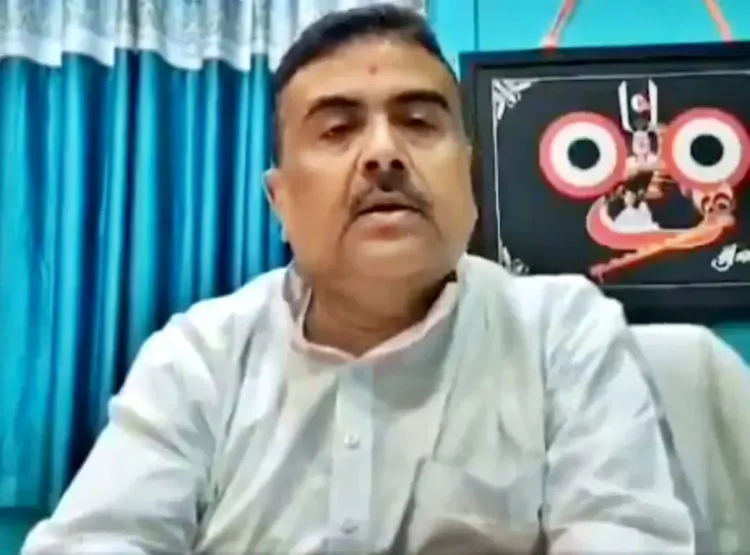
Synopsis
Key Takeaways
- The restoration of temples in Murshidabad begins April 30.
- Initiative aims to restore the cultural heritage of the Hindu community.
- No financial aid from the West Bengal government will be accepted.
- Community involvement is crucial in funding the restoration.
- Local temples hold significant importance for worship and community identity.
Kolkata, April 28 (NationPress) The Leader of Opposition in the West Bengal Assembly, Suvendu Adhikari, announced on Monday that the restoration, renovation, and rebuilding of temples destroyed during the communal violence in the minority-dominated Murshidabad district will commence on Wednesday, coinciding with the auspicious day of 'Akshyaya Tritiya'.
On the same day, the Lord Jagannath temple in Digha, East Midnapore district, which is modeled after the famous Shree Jagannath Temple in Puri, Odisha, will be inaugurated in the presence of Chief Minister Mamata Banerjee.
This district faced significant unrest earlier this month due to communal violence that erupted during protests against the Waqf (Amendment Act).
Numerous Hindu temples and properties belonging to Hindus were reportedly damaged in this violence.
In a video message shared via his social media accounts, Adhikari confirmed that the restoration work for the vandalized temples in Murshidabad would start on Wednesday.
“These temples currently show the effects of the despicable and brutal attacks by jihadists. The process of 'purification' and renovation will be conducted while following all traditional religious practices,” his message in Bengali stated.
He emphasized that no financial assistance from the West Bengal government would be accepted for the restoration, as he views the government as anti-Hindu. All costs for the restoration will be covered by the Hindu community.
“The Hindus of Murshidabad should not be denied their right to worship in their local temples. These temples hold equal significance to our pilgrimage sites,” Adhikari asserted.
Recently, the National Commission for Women (NCW) criticized the West Bengal government for its negligence and failure to prevent communal violence, despite having prior intelligence.
On April 12, a special bench of the Calcutta High Court directed the deployment of Central forces in Murshidabad, noting that the state's measures to manage communal unrest since April 8 were insufficient.
The court also remarked that if the CAPF had been deployed earlier, the situation would not have escalated to such a “grave” and “volatile” state.

